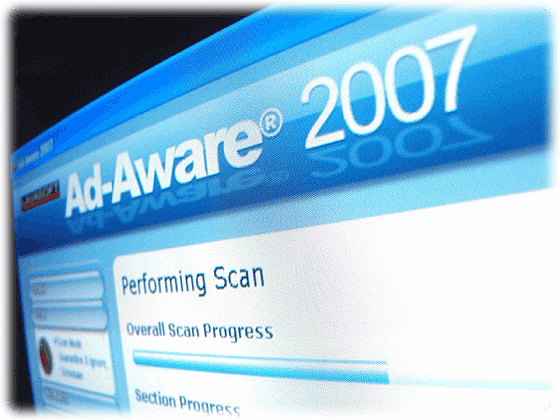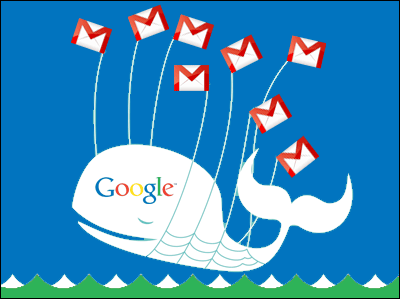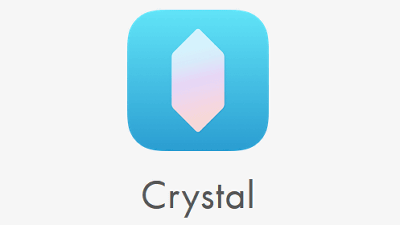Interview with adware authors, who is making it for what?

By
Matt Knox is the creator of Adware Direct Revenue , which was sued by former New York Attorney General Elliott Spitzer in 2006. Currently working as an instructor and programmer for the object-oriented scripting language Ruby , philosecurity interviewed in 2009 'Why did you make adware?'
philosecurity »Blog Archive» Interview with an Adware Author
http://philosecurity.org/2009/01/12/interview-with-an-adware-author
philosecurity (hereinafter, p):
You wrote an adware program. It's a bastard.
Matt Knox (Knox):

indeed……. I was in charge of half of Scheme , but I decided to distribute Scheme Runtime more than anyone else in the world.
p:
Why did you make adware?
Knox:
I think it was completely funny at the time. Originally working for a spam filtering software company, Direct Revenue noticed me and was hired to analyze their distribution network. Since then, Direct Revenue ads have been shown on websites that rank in the top 20 on Alexa. My term was about four or five months, but along the way a virus appeared that disabled our PC running adware. I said, 'I know C well enough to get rid of the virus.' Direct Revenue asked, 'That's cool. Can I get rid of other viruses?', So I got rid of all the other viruses as well. Direct Revenue then asked, 'Can we beat our competitors in the same way?' The event showed me the power of gradualism.
p:
Did you realize it was a bad thing?
Knox:
of course! However, in a positive summary, I've knocked out more malicious adware than I installed myself.
p:
What was Direct Revenue's business model?
Knox:
For example, it was a way to make and sell an eye-catching screensaver, and then install it by displaying 'If you install our adware, you will get this screensaver for free!'. A surprising number of people performed the installation this way.
p:
I don't think we called it 'adware', but what did you call it?

By
Knox:
Good vendors called it 'advertising support software,' and bad vendors called it 'Windows vulnerabilities.' Some bad guys also sell access information, and web-related legislation wasn't well-developed at the time, so the Software License Agreement (EULA) states, 'We will install additional software. There are times. ' Many have agreed to a malicious contract because no one reads the EULA. If millions of PCs then install adware, it becomes a very useful adware network. It seems that some adware vendors sold customer machine information for 20 cents (about 20 yen) per machine.
p:
Wasn't the company you worked for using the vulnerability to install software on someone else's PC?
Knox:
We are different. Sure, some agencies did, but if we found one, they would stop trading. It would have been difficult for our competitors to remove our adware because I had created a mechanism to stay on the PC without exploiting the vulnerability.
To uninstall Direct Revenue, you had to download the uninstaller from the website, which I think was difficult for the inexperienced to do. However, since the registry key is left when the software is deleted, it was not reinstalled. If it is detected by virus software and deleted, even the registry key will be deleted, so the software will be reinstalled.
p:
From a professional point of view, how can I avoid adware?
Knox:
Most adware targets IE users who tend to be ignorant of PCs. So the workaround is to use UNIX. Actually, I also made an advertising client that runs on Linux Wine , but it was a very limited market.
p:
What do you think about adware?
Knox:
I think Ruby on Rails developers and Scheme developers will play an active role in Gmail.

By Yoav Shapira
p:
What do you think about automatic script mail filtering?
Knox:
I'm rather worried. I was on the other side of the automated script, but I had 4 million nodes and would have been able to collect credit card information etc. without anyone noticing.
p:
How private are people's information?
Knox:
Not all.
p:
Do you have any comments?
Knox:
If people want to have a system that excludes offensive software, it's possible. Maintaining personal privacy is very difficult, but not impossible. I think it's worth doing.
Related Posts:







